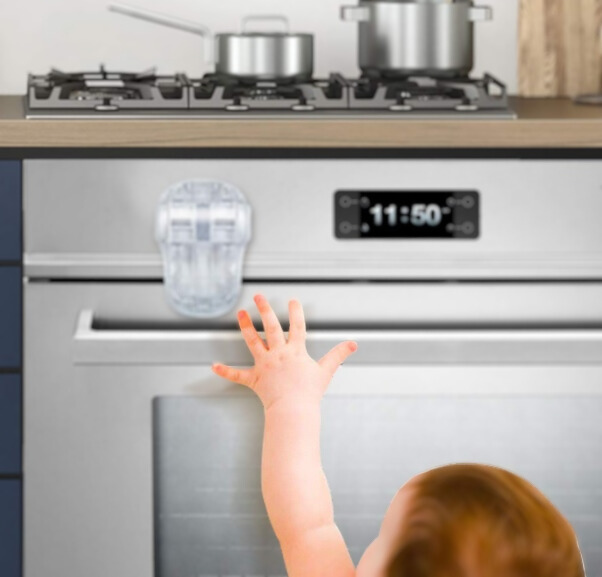



You’ve embarked on an incredible journey – your baby’s first day home. Amid the coos, and cuddles, you’ll face a steep learning curve, deciphering cries and understanding needs. You’re not just caring for your baby, but also transforming into a new role, navigating postpartum changes and sleep deprivation. Don’t worry, you’re not alone.
Empower yourself with knowledge, understand what to expect and remember, this whirlwind of emotions is part of the beautiful chaos called parenthood.
Table of Contents
Understanding Baby’s Basic Needs
As you navigate through your baby’s first day at home, it’s important to understand their basic needs to ensure their comfort and well-being. Remember, your little one will be feeding frequently, so be prepared for eight to twelve feedings in a day.
They’ll be sleeping a lot too, but don’t let them snooze for more than four hours without a meal.
Keep an eye on their diapers, you should see three to six wet ones a day. And yes, crying is their way to communicate. As for those grunting sounds while they sleep, it’s normal. They’re nose breathers.
Always remember, if you notice anything unusual, like continuous blue skin coloring or repeated vomiting, don’t hesitate to call the doctor. You’ve got this!
Recognizing When to Seek Medical Help
While getting accustomed to your baby’s basic needs, it’s equally critical to know when to seek medical help. You’re not expected to be a medical expert, but understanding common signs of concern can be a lifesaver.
If your baby’s skin seems continuously blue, especially during feeding, or if they exhibit repeated vomiting beyond normal spit-up, seek medical attention immediately.
A yellow tinge to the skin or eyes could indicate jaundice. Redness, puffiness, or pus around the umbilical cord stub is also a cause for concern.
Extreme lethargy, a rectal temperature reading of 100.4 F or above, dehydration signs, or dramatic changes in your baby’s looks and behavior should be checked by a doctor.
Always trust your instincts and don’t hesitate to call your pediatrician if something feels off.
Physical Changes in New Mothers
After ensuring your baby’s health on their first day home, it’s crucial for you to pay attention to your own physical changes as a new mother. You might experience vaginal and belly pain accompanied by significant bleeding.
Don’t be surprised if your breasts feel heavier and larger, regardless of your breastfeeding plans.
Constipation is another common issue due to the diversion of blood flow from the digestive system during labor. It’s essential to drink plenty of water and include fiber in your diet for relief.
Postpartum narcotics can also contribute to this issue, so stool softeners may help. If you’re breastfeeding, expect breast tenderness as your milk replaces colostrum.
Using ice packs, hand-expressing milk, or even frozen cabbage leaves can provide relief. Remember, your body is recovering, so be patient with yourself.
Emotional Journey of New Moms
On top of your body’s physical adjustments, your emotional journey as a new mom can be quite a roller coaster ride, especially during the first 24 hours at home with your baby.
The momentous joy of bringing your newborn home is often mixed with anxiety, fear, and sometimes a sense of being overwhelmed. You’re navigating a whole new world of responsibility and the weight of that can be heavy.
- You may feel an incredible bond with your baby, but also fear about your ability to care for them properly.
- The exhaustion from labor, coupled with sleep deprivation, may lead to mood swings and emotional sensitivity.
- The “baby blues” are common, but if feelings of sadness persist, don’t hesitate to seek help – you’re not alone in this journey.
Partners’ Roles and Experiences

You’ll play a crucial role in your baby’s first day home, navigating new responsibilities and sharing in the joy and challenges of parenthood. As a partner, you’ll need to be flexible, supportive, and ready to adapt. It’s a day filled with both excitement and anxiety.
| Tasks | Tips |
|---|---|
| Baby Care | Learn basics like diapering, burping, and comforting. |
| Mom Support | Help her with meals, hygiene, and emotional support. |
| Household Duties | Take charge of cleaning, grocery shopping, and managing visitors. |
| Rest and Self-Care | Ensure you also take breaks to rest and recharge. |







